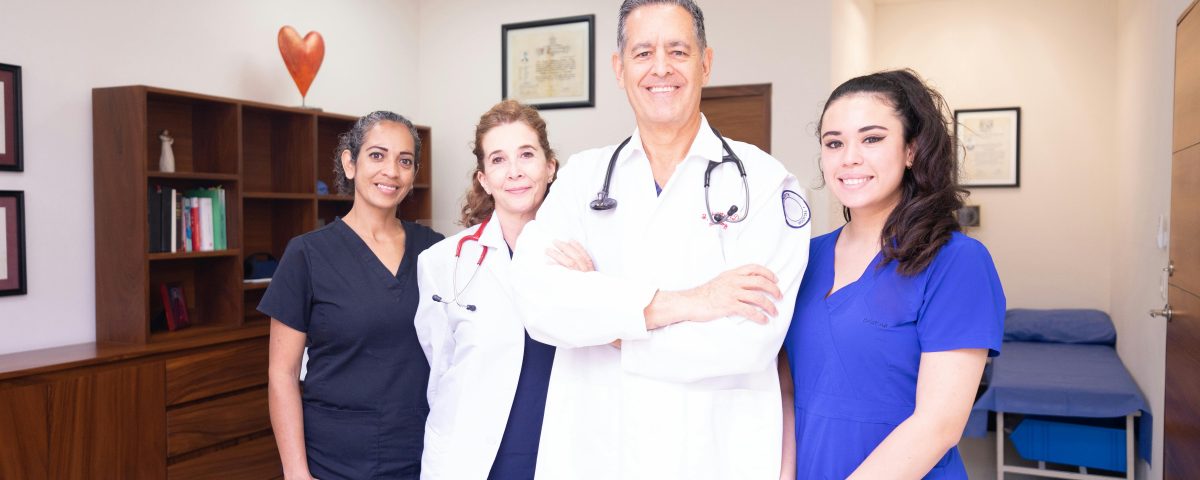
Tax Tips for Allied Health Providers in Australia
Smart Strategies to Maximise Deductions and Stay ATO-Compliant
If you’re an allied health professional in Australia, tax time can be overwhelming. You’re no doubt already super busy looking after patients, maybe marketing your services, managing bookings, and also doing your bookkeeping – sitting down to complete your taxes is the last thing you feel like doing! But do it you must!
You’ve trained hard to care for others — but caring for your finances is just as important. With the right approach to your tax return, you can reduce your stress, increase your refund, and make smart moves for your future. So, whether you’re working as a sole trader, part of a group practice, or running your own clinic, there are some great tax opportunities — and important obligations — to keep in mind.
Here’s how to get the most out of your tax return without raising red flags with the ATO.
1. Know What You Can Deduct
Many allied health professionals miss out on deductions simply because they don’t realise what’s claimable.
Commonly Deductible Expenses:
- Professional development: Short courses, CPD training, seminars, workshops.
- Registration and memberships: AHPRA fees, professional association dues(e.g. APodA, DAA, SPA, APS).
- Work-related equipment: Massage tables, therapy tools, laptops, clinical software (e.g. Nookal, Halaxy, Cliniko).
- Home office expenses: Especially if you do admin, telehealth, or treatment planning from home.
- Work uniforms: Branded polos, scrubs, and laundry costs.
- Travel: Between clients, clinics, or to off-site sessions (not commuting from home to your main workplace).
- Insurance premiums: Professional indemnity and public liability.
What’s Not Deductible:
- Travel from home to your regular place of work.
- General clothing or shoes (unless they’re industry-specific and branded)
- Food and drink unless you’re travelling overnight.
2. Understand Your Business Structure
Are you operating as a sole trader, or through a company or trust? The way you’re set up affects how much tax you pay and what you can claim.
- Sole traders: Simpler setup and admin, but you pay tax at individual rates.
- Company/trust: More complex, but can offer tax flexibility, asset protection, and super planning options.
Tip: If your income is growing (e.g. $100k+), consider getting advice on whether incorporating could benefit you.
3. Track Your Income Sources
Many allied health providers work across multiple locations or contracts — some private, some NDIS, some Medicare-funded.
Keep clear records of:
- Medicare or DVA claims
- NDIS self-managed or plan-managed clients
- Private billing or health insurance rebate
- Contractor income (under an ABN)
- Clinic service agreements or room rentals
Using accounting software (like Xero or QuickBooks) or even a spreadsheet can make a big difference at tax time.
4. Use Small Business Tax Concessions
If you’re running your own practice or billing through an ABN:
- You may be able to write off equipment purchases under the temporary full expensing rules.
- You can claim depreciation on high-value items.
- You can claim GST credits on business expenses (if you’re registered for GST).
Heads up: GST can be complex for allied health — many services are GST-free, but supplies and some services aren’t. Make sure you’re applying GST correctly.
5. Make Super Contributions Work for You
You can claim personal super contributions (up to the concessional cap of $30,000 in FY 2024–25), which:
- Reduce your taxable income
- Build your retirement savings
- Are especially helpful if you’re a sole trader and not receiving employer-paid super
If you missed using your full caps in previous years, you might be able to carry forward unused amounts if your super balance is under $500k.
6. Claim Telehealth and Home-Based Costs
With the rise in telehealth, more allied health professionals are delivering care from home. If this is your circumstance, and you are genuinely delivering your professional services from home, you may be able to claim:
- A percentage of your internet and phone bills
- Home office expenses (electricity, furniture depreciation, etc.)
- Part of your rent or mortgage interest (under fixed rate or actual cost methods)
Important: The ATO has specific rules on how to calculate home office claims — keep a logbook or diary for at least four weeks to justify your method.
7. Work With an Allied Health-Savvy Accountant
An accountant who knows the allied health industry can help you:
- Claim all relevant deductions
- Set up your practice structure the right way
- Ensure you’re GST compliant
- Minimise tax legally, and avoid ATO red flags
Final Word
Whether you’re just starting our or scaling your own clinic, these tips can help you stay financially fit – and focused on what you do best: helping you clients thrive.
Call us for more info 0412 021 150/0499333626
Email us: mt.waverley@taxstore.com.au

